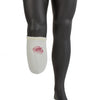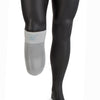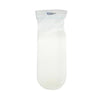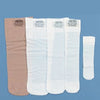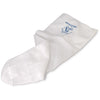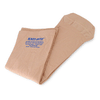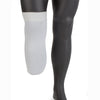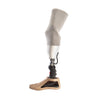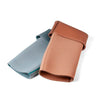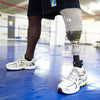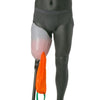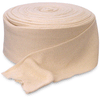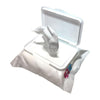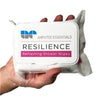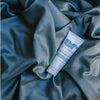5 Reasons to stop using antibacterial soap
After 40 years of research, the FDA concluded that there is no evidence that antibacterial soap can curb bacterial growth. As a result, manufacturers will have to prove that their products are both safe and more effective than good old soap and water. If not, they will have to remove it from store shelves and warehouses. This removal began in 2016.
The active ingredient in question is triclosan. Back in the 1990s, this drug was only found in hospitals, however with time manufacturers embraced triclosan and added it to many soaps and home products. Aside from soap, they’ve begun putting the chemical in wipes, hand sanitizers and even cutting boards and mattress pads. All in an effort to live in bacteria free world.
Surprising the FDA never completely evaluated triclosan for use in home products. Believe or not the FDA was ordered back in 1972 to create a set guidelines, but only submitted its final draft in 2012.
The end result requires manufacturers to prove their products are safe and more effective than standard soap. Otherwise they have to pull their products, starting in 2016. Regardless, considering how often antibacterial soap is recommended for cleaning gel liners, stump socks and the like, we’re suggesting using quality pH balanced prosthetic cleansers for your skin and amputee supplies.
Here are 5 reasons to stop using antibacterial soaps, bars & gel.
- Antibacterial soaps are no more effective than conventional soap and water. As announced by the FDA, 40 years of research--and numerous independent studies--has produced zero evidence that antibacterial soaps are more effective for preventing illness. This is most likely the case because antibacterial soaps target bacteria and not the viruses that cause colds and flus.
“I suspect there are a lot of consumers who assume that by using an antibacterial soap product, they are protecting themselves from illness, protecting their families,” Sandra Kweder, deputy director of the FDA’s drug center, told the AP. “But we don’t have any evidence that this is really the case over simple soap and water.”
- Antibacterial soaps have the potential to create antibiotic-resistant bacteria. One reason why the FDA is requiring manufacturers to proves their products' efficacy is because of a range of health risks associated with triclosan and bacterial resistance is number one.
It's not uncommon to hear in the news of drug resistant bacteria. This is currently a tremendous problem for hospitals and health care facilities. Some species of bacteria specifically MRSA have even acquired resistance to several different drugs, complicating efforts to control and treat infections as they spread. Further research is required, however health officials aren't shy about saying that triclosan may be fueling this resistance.
- The soaps could act as endocrine disruptors. There have been studies claiming that in animals, triclosan seems to interfere with the body's ability to regulate thyroid hormone. If this is true for humans, many worry that it could lead to issues such as early puberty, obesity, cancer and infertility. Considering the minimal benefits of using antibacterial soaps, it's probably not worth the risk of cleaning your residual limb or amputee supplies with a antibacterial soaps.
- May develop other heath problems using antibacterial soaps. As evidence has shown, prolonged exposure to triclosan reduces a child's contact with bacteria that leads to poor development of their immune systems. The end result is a higher chance of developing allergies, including hay fever and peanut allergies.
One study found evidence that triclosan can inhibit muscle contractions in human cells, as well as muscle activity in live mice. This is especially concerning given that triclosan can penetrate the skin and enter the blood stream more easily than originally believed. If you still decide to wash your prosthetic liner with antibacterial soap, please make sure to wash off all soapy residue.
- The environment doesn't like antibacterial soaps. When manufacturers use a lot of triclosan in their products, a lot triclosan enters into our environment. Research has shown that even after filtering through sewage plant treatments, small quantities of triclosan persist and have been detected in streams.
So how should I clean my residual limb and amputee supplies?
If you decided to join likes of Kaiser Permanente and Johnson & Johnson and stop using antibacterial soaps as well, you have options. One option is a non-antibiotic hand sanitizer that kills both bacterial and viruses with alcohol. Prosthetic Cleaners are also a great because they are soap and antibacterial free, not to mention pH balanced. Prosthetic cleansers are typically safe for sensitive skin and formulated for cleaning those expensive prosthetic liners and sleeves.































